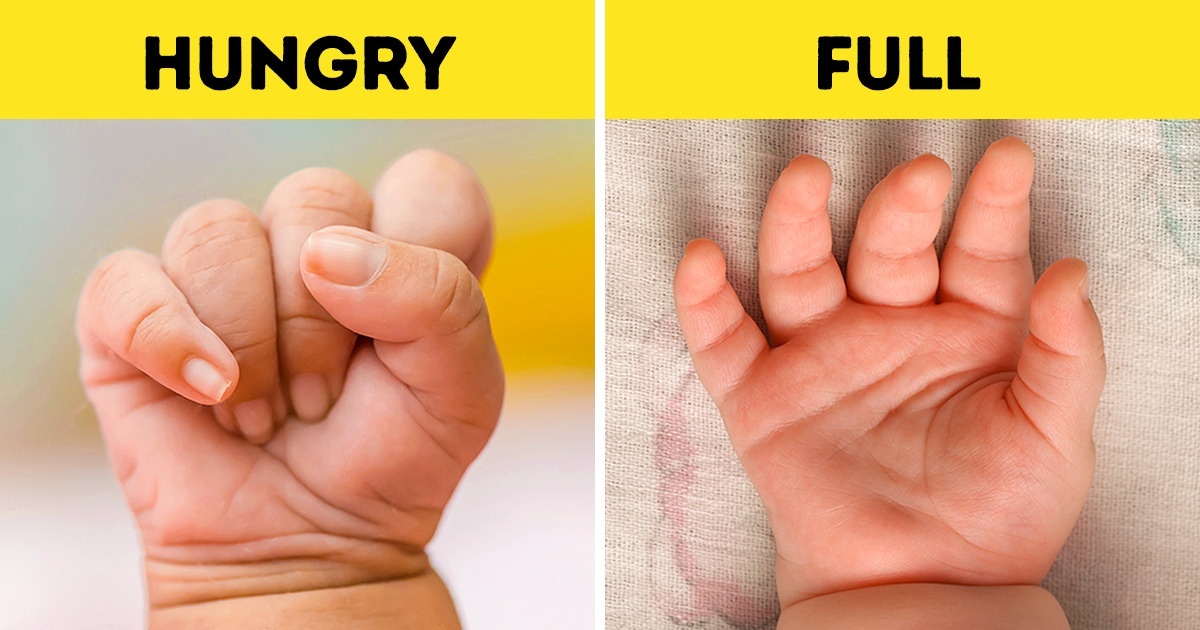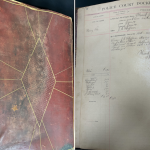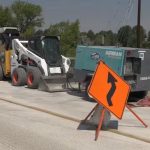Raising kids is one of the toughest and most fulfilling jobs in the world — and the one for which you might feel the least prepared. Did you know that babies make different moves and release sounds every time they need attention, food, diaper change or sleep? The answer is yes and this can help you identify the baby signs. A friend of mine, from New York City, recommended this and I was amazed.
Babies can’t speak but their crying and body moves can definitely help you understand them better. It’s interesting how babies use their body language to send messages. Even the tiniest move can mean a thing and we will help you understand babies and take a better care of them.
Pricilla Dunstan invented the Dunstant Body Language. This language helps parents understand babies without using any words. Experts have yet to approve the method, but people across the globe praise its effectiveness.
Baby cries
Calling cry
When babies cry, make a 20-second break then cry again, they need you. This is their way of attracting someone’s attention. At this point, you should just pick them up and share an embrace.
Hunger cry
Hungry babies cry all the time. Their cries are oftentimes hysterical and babies move their heads and make a distinctive sound with their mouth.
Discomfort cry
In this case, the baby will arch its body and squirm constantly. It may be hot, cold, or dirty (pooped).
Pain cry
Loud and long cries indicate pain. You can’t make a mistake with this one.
Sleep cry
Babies whine more than usual and the cutie will rub its eyes. It’s time for a lullaby!
Body language
Arching back
In the first couple of months, babies may arch their back due to colic or other discomforts. Babies over 2 months arch their backs when they are sleepy.
Clenched fist
Hungry babies clench their fists. This will turn into a hunger cry if you don’t feed them on time.
Head rotation
Babies rotate heads right before falling asleep. This calms them and helps them fall asleep.
Leg lift
Babies lift their legs when their stomach hurts. The same happens in cases of colic. Leg lifts relieve the pain. Consult a doctor if your baby does this too often.
Arm jerking
This happens when the light is too bright or the noise is too loud.
Other sounds
“Ehhhh”
The baby just needs to burp. It releases an involuntary “ehhh” when excess air comes out of its esophagus.
“Heh”
It’s the sound of discomfort. The baby will also jerk its hands and feet.
“Owh”
Doing an “owwhh” and folding the lips means that the baby is tired and needs to sleep.
“Eairh”
It’s the sound of stomachache, bloating and gasses.
“Neh”
Give me food! The baby will also push its tongue to the roof of its mouth.










